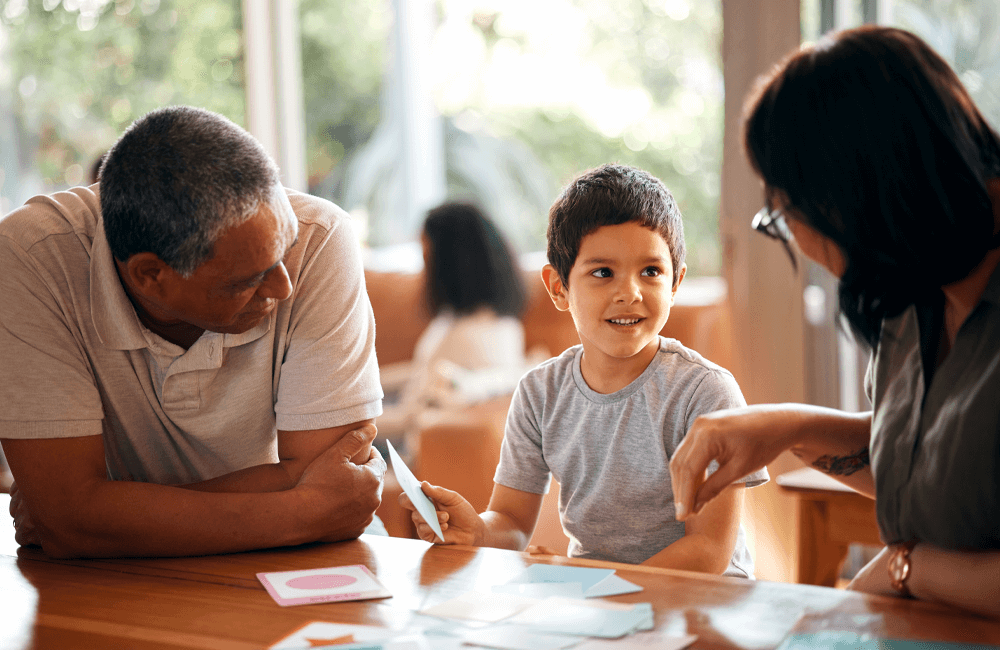Birth family visits are one of the most challenging aspects of foster care. They are confusing for foster parents, not to mention how emotional they are for birth parents. Sometimes, foster children look forward to these temporary reunions with their family but are wrecked at the brevity. Other times, children dread these visits, as they are a reminder of traumatic events. When children have been separated from siblings, these visits can be times of extraordinary grief because they long to be reunited with their brothers and sisters.
Usually, foster children are confused about why they have been removed from their parents in the first place, and scheduled visits often exacerbate that confusion. The combination of bewilderment and trauma that initiated the removal leads to difficult behaviors both before and after visits.
Foster parents find themselves in the difficult position of handling these behaviors. Here are some trauma-informed ways that will help:
- FEED THEM – Make sure children – of every age – go to the visit with plenty of snacks and drinks. Some birth parent visits last for several hours. Children with hard histories are especially prone to dehydration and fluctuations in glucose levels. This intensifies challenging behavior. Sending enough snacks for birth parents and siblings who will also be at the visit helps to lessen awkwardness. It’s often a very good idea to take the child to eat right after the visit and doing so at a favorite restaurant can be a good way to bridge the transition to home routine.
- TIMING IS EVERYTHING – Children with trauma, especially those who are elementary-aged, tend to struggle with executive functioning. This means that there can be difficulty with mentally organizing schedules. Sending them to the visit with a watch can be helpful. Writing down what time the visit will be over and what will happen at the foster home after the visit will help decrease a child’s anxiety and will help him or her understand that they will be returning to the foster home.
- ASK AND LISTEN – Before the visit, foster parents should ask children what they are looking forward to, as well as what is unnerving about the visit. Talking through expectations can help decrease anxiety levels in children. After the visit, ask questions. Encourage children to express frustration and take the child’s lead in how much he or she wants to talk. Most importantly, allow them space to be sad.
- SETTING EXPECTATIONS – Because children and adolescents don’t have the verbal processing ability to express big feelings, the frustration, fear and grief felt by foster children often turn into outbursts and bad attitudes before and after visits. Foster families should expect difficult behavior. Understanding where that behavior is coming from will increase compassion and patience.
- CREATE SOME MARGIN – Above all else, foster parents should free up time before and after birth family visits. Jammed-packed schedules make it extremely difficult to maintain patience and compassion necessary to help children through these hard times. Make time for activities that promote connection. If possible, don’t schedule other appointments on the same days as birth parent visits. Enlist case worker help with transportation to and from visits. Ask friends who have offered help in the past to make your family dinner.
- BRIDGING THE GAP – Occasionally, there is opportunity for foster parents to communicate with the birth family. If this an option, embrace it! Sending a child to visits with a drawing or report card they are proud of can help the child communicate what has been happening in his or her life since the last visit. Giving birth parents photos of the child from daily activities helps birth parents feel included in the child’s life.
Helping a child through the difficulty of birth parent visits is one of the most loving and compassionate actions a foster parent can take. Planning ahead, slowing down, and listening will help an extraordinarily difficult time be a little easier on everyone.
If you would like to learn more about how to help foster children with birth family visits, contact us by emailing info@chosen.care .












